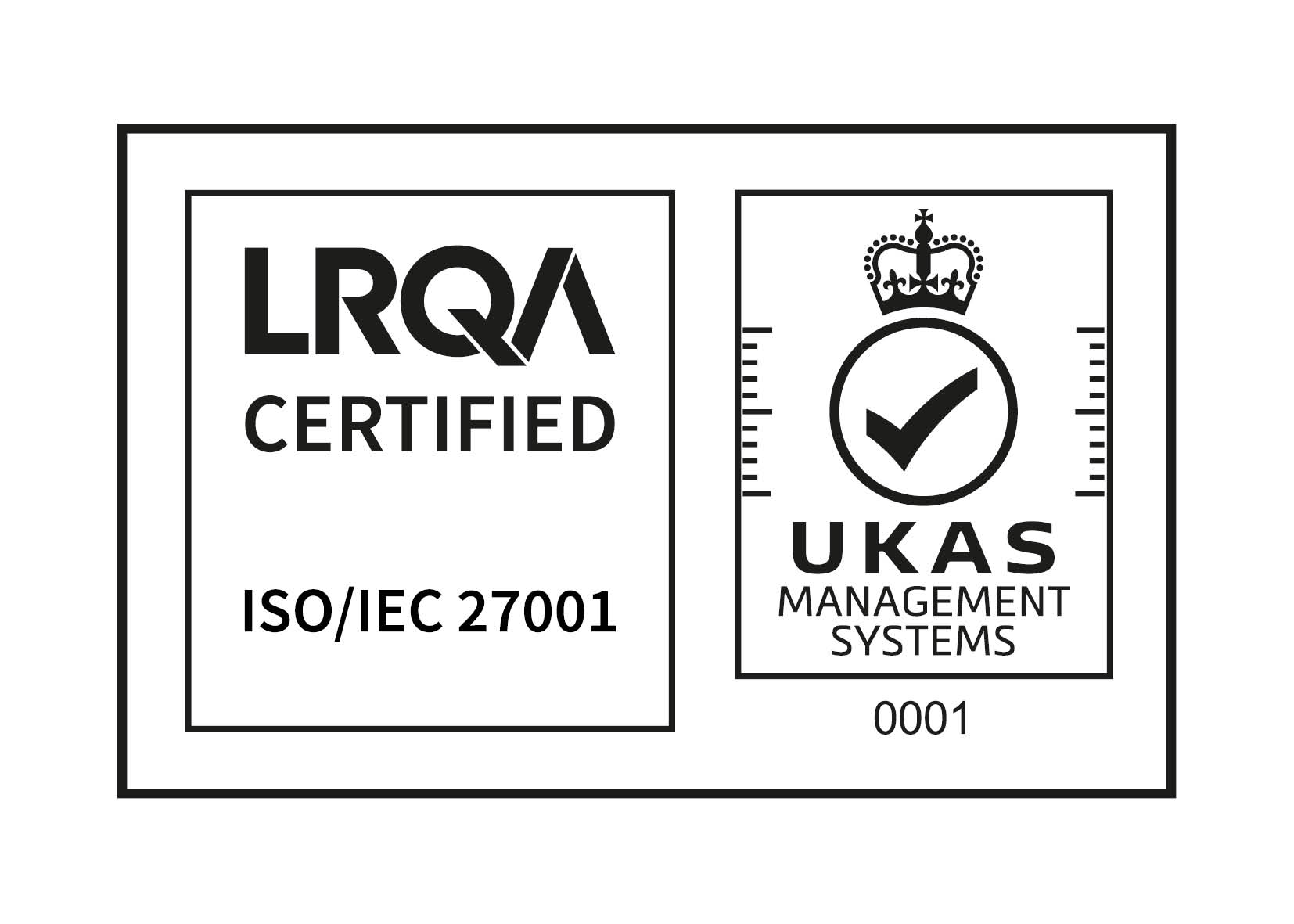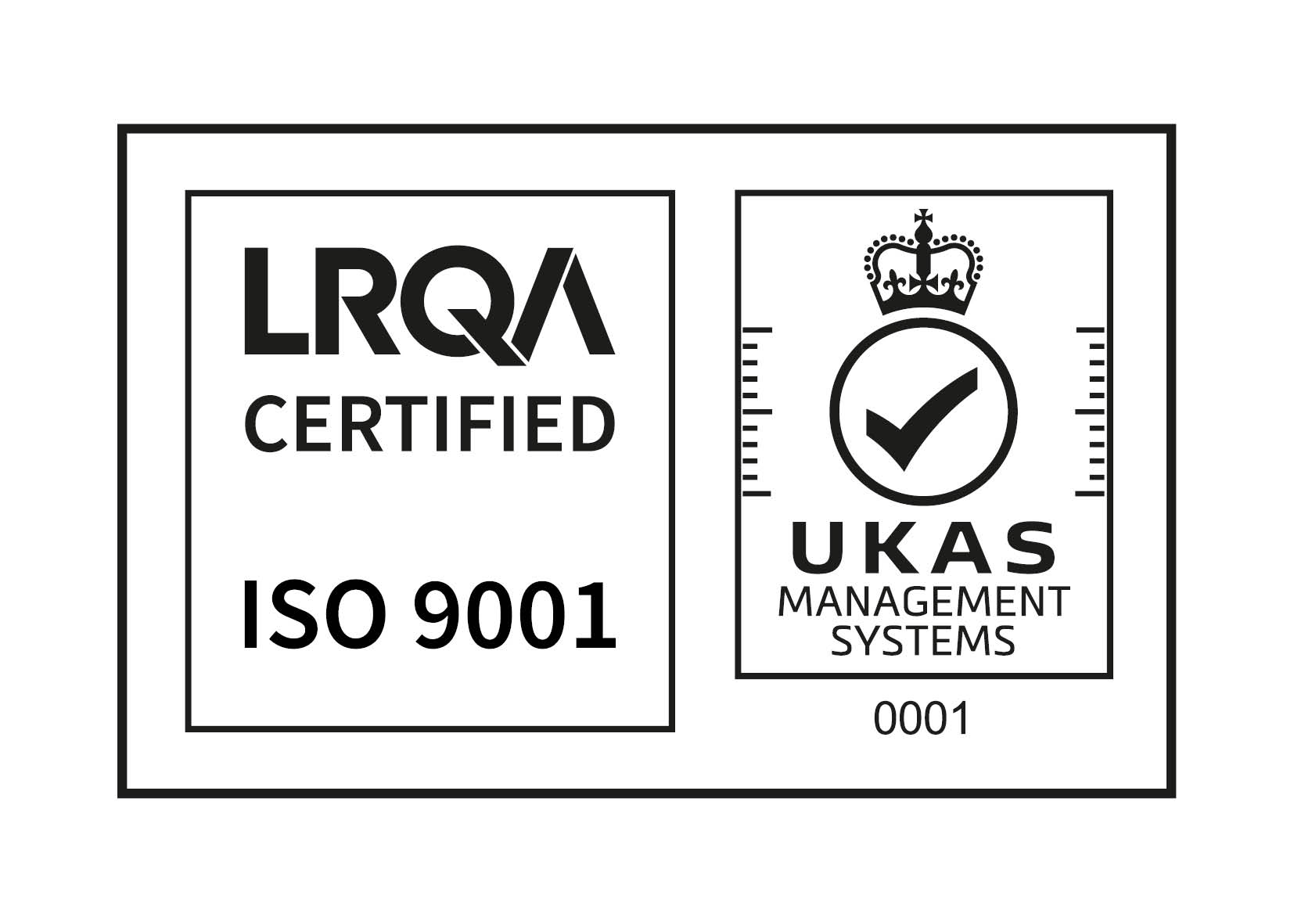Share this
How HR Case Management Software Can Help Hybrid Teams
by Emma Laxton on August 21, 2025
If you believe the headlines which appear on a regular basis, the era of remote working which became fully embedded in the employment landscape during the COVID-19 pandemic has reached something of a crisis point. Reports from the start of 2025 highlighted the fact that companies such as Amazon, PwC and Santander were introducing much stricter rules around in-person attendance, while a survey published as recently as August this year found that almost half of the businesses in the UK would prefer to have workers back in the office on a full time basis.
Employee Work Preferences
The flipside to this is that the workers themselves might not be quite so happy to return to the pre-pandemic status quo. At the time of writing, for example, workers at Liverpool University are planning strike action in protest against ‘imposed’ changes to hybrid working arrangements, shifting the proportion of in-person working from 40% to 60%, while a survey published earlier this year found that almost half of all employees state that they would consider quitting if their employer forced them back to the office on a full time basis.

Another survey, carried out more recently by King’s College London, looked at more than a million observations from the Labour Force Survey and 50,000 responses from the UK Survey of Working Arrangements and Attitudes. Amongst the findings were the following:
• Only 42% of workers would comply with a five day a week return-to-office requirement, down from 54% in early 2022• 50% of workers would look for a new job with homeworking opportunities if their current employer tried to make them return to the office full time
• 58% of workers said that they would quit immediately or start looking for a new job if they were required to return to the office full time
The Hybrid Solution
Clearly, there is something of a clash between the emerging attitudes of employers and those of the people who work for them. Crude though it may seem, the binary division between homeworking and in-office working leads almost inevitably to a situation in which hybrid working – blending the two options – is evolving as the default option. Once again, there are figures to bear this out. Data taken from the Office for National Statistics (ONS) and printed in Forbes magazine show that 28% of working adults in Great Britain hybrid worked between January and March 2025, that the proportion of hybrid workers across the working population as a whole has risen steadily since March 2022 and that the only segment of the working population to have declined in number is ‘workers who only travel to work’.

What is just as interesting as the size of the switch to hybrid working is the demographic which seems to be embracing the model. A deeper dive into a breakdown of the overall hybrid working figures reveals that those with a qualification at ‘degree level or equivalent’ were 10 times more likely to hybrid work than those without qualifications, that hybrid work was more likely to be the model chosen by full time rather than part time workers and that the proportion of workers opting to hybrid work rose across the higher income bands – amongst those earning £50k or more the proportion hybrid working hits 45%.
The Impact Of Hybrid Working On HR
From a HR point of view this slew of figures and sometimes contradictory employer/employee standpoints would tend to indicate two things above the general noise:
• Hybrid working is the model most likely to satisfy the conflicting priorities of employers and employees• Effective hybrid working models are playing and will increasingly play an important role in attracting and retaining high quality candidates to fill high quality roles

For general HR teams, the growth and embedding of hybrid working as the predominant model offers a number of challenges, both with regard to contradictory priorities and also the lack of visibility over staff performance.
Grievance Handling
Workplace conflict can easily arise if differences of opinion are not handled carefully, and it’s important to have systems in place to handle grievances quickly and sensitively and prevent them escalating.

HR case management systems like Workpro let line managers record all the details of a case from the start, and help them follow the correct procedures in a consistent manner, with the ability to involve HR teams in more complex cases or when they require specialist support.
Accurate Insights
When workers are working remotely and not visible to management, it’s more important than ever to have accurate data and insightful reports. For example the ability to quickly identify if there is a disproportionate number of a certain type of case in a specific team can flag up a potential problem area to be addressed.

Having suitable systems, like Workpro, in place can help ensure that all HR issues within an organisation are dealt with consistently with reference to impartial facts and figures.
Proactive Approach
When members of a team are not located in a single office space or even in geographically distant locations, it can be all too easy for perceived problems to grow out of proportion due to the seeming inability of one team member to ‘have a quick word’ with either another team member or their HR manager.
In these circumstances it is important that managers are encouraged to take a proactive approach. HR case management can be as much about intervening at an early stage to diffuse situations as it is about acting as arbiter when those same situations have become problematic.
Hybrid HR Case Management Teams
When it comes to HR Case Management teams specifically, in addition, the same issues as any other hybrid team, they have the added complication of the confidential nature of the information they are working with and the need to deal with the people involved in their cases very sensitively. Using tailor-made software for HR case management can help avoid many of the problems caused by teams being in different places.

Information Sharing
One of the major challenges of managing remote and hybrid teams is ensuring that all employees have equal access to the kind of critical information which can come to play a role in case management. Without the almost instinctive sharing of information which arises when a team of workers are located within the proximity of a single office, it can become all too easy for information to be missed by those not present.

HR case management works effectively when team members are able to draw on all data points when addressing concerns, settling conflict or investigating specific complaints. Cloud-based HR case management software acts as a ‘location-agnostic’ repository of all of the relevant information on a particular case. The ability to tap into this data at any given time enables HR managers to approach cases with a top down, 360 degree view of the team workload, the case history and any notable events.
Clear Metrics
At its best, a platform like Workpro takes HR case management beyond the world in which a face-to-face meeting was the only viable option for activities such as sharing feedback, airing grievances and noting performance. When everything is recorded and monitored in a consistent, clear and accessible manner, tracking performance on a range of relevant metrics becomes the norm. This, in turn, means that accountability during HR case management is facilitated by the ability to call up the relevant information from any point in the timeline of an issue or grievance.
A Consistent Framework
The data and analytics capability of a platform like Workpro plays a vital role in ensuring that HR case management is consistent on a case-by-case basis, by providing the clearest possible framework within which all decisions can be taken. The fact that this framework is built from data collected in real time and then analysed for insights at a granular level means that the HR case management it supports is not only consistent and reflective of real-world conditions, but also fair.

No matter what decisions are taken regarding a particular HR case, everyone involved will be able to see the factual basis on which those decisions are made. This also plays into the issue of compliance – a clear audit trail of every decision, even those involving multiple individuals in several locations, will be created every time a case is raised and managed. Any questions at a later date about the way in which a particular case was managed can easily be answered with reference to this audit trail, particularly if the intervention of a third party such as a tribunal needs to be dealt with.
The risk of a situation arising in which case management can be queried on the basis of different people having different memories of what was said and done after a case was raised is mitigated by a platform which provides a detailed, time-stamped, cross-referenced account of each and every interaction within a case.
A Unifying Platform
In simple terms, hybrid working can throw up severe challenges around HR case management through the reality of different people being in different places, thanks to human nature and the difficulty of collating and synchronising data across different spaces. Workpro creates a destination in which the ‘different places’ of a hybrid workforce become a single place – a streamlined software platform which simplifies the administrative burden of case management and provides a genuinely shared perspective. Hybrid working is here to stay, as are the problems which this approach could potentially throw up – the good news is that the same is true of Workpro.

Share this
- February 2026 (1)
- December 2025 (2)
- November 2025 (1)
- October 2025 (2)
- September 2025 (1)
- August 2025 (3)
- July 2025 (2)
- May 2025 (2)
- April 2025 (3)
- February 2025 (3)
- December 2024 (1)
- November 2024 (1)
- October 2024 (1)
- June 2024 (1)
- May 2024 (2)
- April 2024 (2)
- March 2024 (1)
- February 2024 (1)
- January 2024 (1)
- December 2023 (1)
- November 2023 (2)
- October 2023 (1)
- August 2023 (2)
- July 2023 (2)
- June 2023 (2)
- May 2023 (1)
- April 2023 (3)
- February 2023 (3)
- December 2022 (2)
- October 2022 (1)
- September 2022 (3)
- August 2022 (2)
- July 2022 (2)
- June 2022 (1)
- March 2022 (2)
- February 2022 (1)
- January 2022 (1)
- December 2021 (1)
- October 2021 (1)
- June 2021 (2)
- May 2021 (1)
- February 2021 (2)
- October 2020 (1)
- September 2020 (1)
- August 2020 (1)
- July 2020 (1)
- June 2020 (3)
- April 2020 (1)
- October 2019 (2)
- September 2019 (2)
- May 2019 (1)
- March 2019 (1)
- November 2018 (1)
- July 2018 (1)
- November 2017 (1)
- September 2015 (1)








